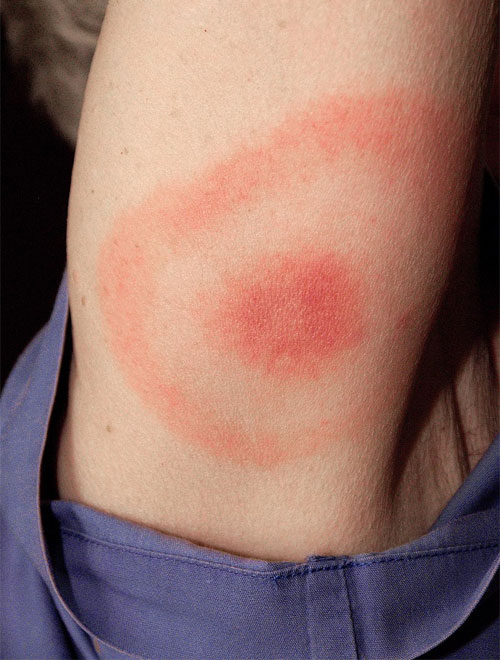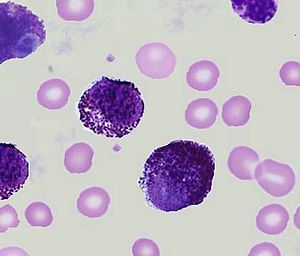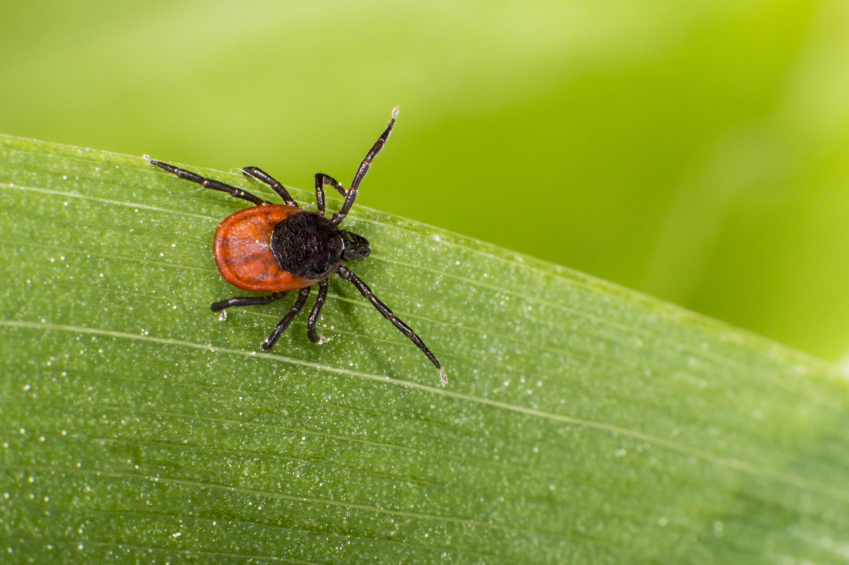Posted By:
Denise Clark
Category:
Lyme Disease
Since treating those suffering from Lyme disease I am asked this question often. According to the Centers for Disease Control website there have been only 4 reported and confirmed cases of Lyme disease in Colorado. The Colorado Department of Public Health and Environment website does not list Lyme disease under its list of tick bourn illnesses and the Colorado State University extension website states, that “No human cases of Lyme disease have originated in Colorado.” So why are cases of Lyme disease in Colorado not being reported or confirmed despite a growing number of practitioners diagnosing and treating Lyme disease in Colorado? For example, last fall a young man came to me for treatment of Lyme disease. A month earlier he had been at a concert in a park in Denver sitting on the grass near some tall weeds. A few days after the concert he noticed an oval rash on the side of his thigh with clearing in the center (bulls eye rash). Luckily he took a photo of the rash. One week after the concert he developed fatigue, joint pain and fevers. He went to the ER and they ran an antibody test that looks for exposure to...





